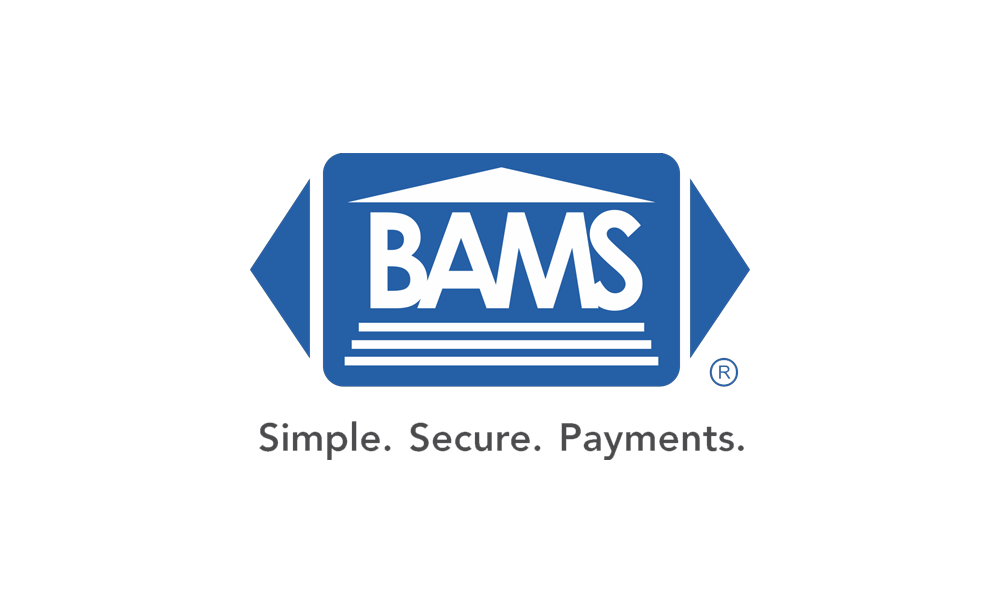The Top 3 Best Alternatives to QuickBooks
Intuit’s QuickBooks is undoubtedly the king of the hill when it comes to popular cloud-based accounting software. But there are a number of competitors on the market currently offering their own robust accounting products capable of challenging QuickBooks’ dominance. Three of the most popular QuickBooks alternative include Xero, FreshBooks, and Zoho Books, each offering their own unique features, benefits, and drawbacks. Choosing the right one can be tricky, so we’ve provided a summary of all three below to identify which users are best suited to each platform and what differentiates each of them both positively, and negatively.
Xero
Xero is an accounting software platform best suited to medium and large businesses in need of robust accounting tools without going to a custom or enterprise-level solution. It is a feature-rich platform that integrates with over 800 third-party business applications on top of the accounting and financial features built-in to the core software. Xero handles invoicing, inventory management, accounting, bank reconciliation, bill payments, individual projects, and much more. One of Xero’s biggest selling points is unlimited user accounts at no additional cost, making it a great choice for large companies. On the negative side, Xero is the most difficult of the three options listed here, and the customer service has been noted as a particularly glaring weakness in recent years.
Pricing: Xero plans are priced at $9, $30, and $60 per month. The top-end package includes additional features like the ability to handle multiple currencies, built-in expense management, and project time and cost tracking.
FreshBooks
FreshBooks is a premium accounting software best suited to small businesses without the need for a large number of users. It is full-features software capable of handling custom invoices, estimates, project budgeting, time tracking, expense tracking, and more. While it can’t match Xero’s integration capabilities, FreshBooks does integrate with over 80 third-party apps. FreshBooks utilizes user-friendly dashboards that make it among the easiest tools to use, and the company’s Toronto-based customer support team is among the best in the industry. The major downside of FreshBooks is the extreme limitation on users, with each license covering only a single user.
Pricing: FreshBooks plans come in at $15, $25, and $50 for single-user access, making it by far the most expensive option for companies requiring more than one of their staff members to have access.
Zoho Books
Zoho Books is primarily geared towards smaller businesses with a need for robust accounting software that handles their basic needs but doesn’t break the bank. Zoho Books can handle all of the standard accounting and finance tasks expected from a QuickBooks competitor, including invoicing, estimates, bill payments, inventory management, tax calculation, and more. It also integrates with over 30 third-party applications. Zoho’s stand-out draw is its price, coming in at just under half the cost of QuickBooks 2019. It also boasts an easy user interface and very good customer support. Downsides to Zoho Books include its relatively limited number of third-party integrations, lack of a tool for payroll management, and limited users.
Pricing: Zoho Books packages are priced at $9, $19, and $29 per month, and users paying annually receive two months of their subscription free. The packages include two, three, and ten users, respectively.
BAMS merchant solutions integrate seamlessly with all three of these excellent QuickBooks alternatives, enabling merchants using these platforms for payment processing to enjoy the guaranteed low fees that a BAMS merchant account provides. To find out exactly how much money BAMS can shave off your monthly statements, visit BAMS.com today, and submit a request for our unique five-step price comparison.




